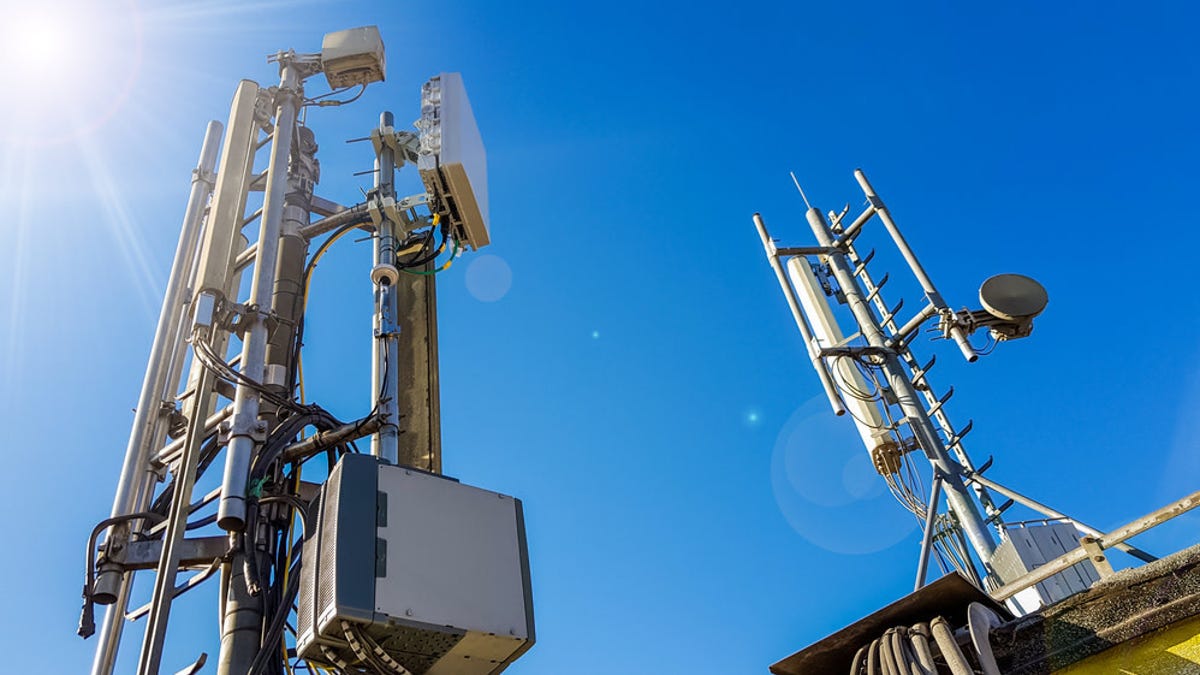
Despite the slow spread of 5G networks and the relatively underwhelming state of most 5G devices, plenty of early adopters and curious customers are joining the 5G hype train. If you acquired a new 5G device this holiday season, you’re probably wondering where exactly you can use it.
Unfortunately, the answer is only in a handful of cities—at least for now.
5G coverage is making slow-but-consistent progress on all the major carriers—AT&T, Sprint, T-Mobile, and Verizon all made big pushes for 5G on their respective networks in 2019, and 2020 will see coverage spread even further. Depending on where you live and devices you own, it’s even possible to be on stable 5G most of the time.
For most folks, however, 5G access might only be available in small sections of the city you live in (if it’s available at all). Below is a list (via Android Police) of every major city on each big US carrier that supports 5G as of December 2019—though do keep in mind that 5G coverage and speeds may differ drastically between locations within the cities listed.
AT&T
- Atlanta
- Austin
- Birmingham
- Charlotte
- Dallas
- Houston
- Indianapolis
- Jacksonville
- Las Vegas
- Los Angeles
- Louisville
- Milwaukee
- Nashville
- New Orleans
- New York City
- Oklahoma City
- Orlando
- Pittsburgh
- Providence
- Raleigh
- Rochester
- San Antonio
- San Diego
- San Francisco
- San Jose
- Waco
Sprint
- Atlanta
- Chicago
- Dallas - Fort Worth
- Houston
- Kansas City
- Los Angeles
- New York City
- Phoenix
- Washington, DC
Verizon
Verizon has a handy 5G coverage map that shows specific 5G coverage within each of the following regions:
- Atlanta
- Boise
- Boston
- Charlotte
- Chicago
- Cleveland
- Columbus
- Dallas
- Denver
- Des Moines
- Detroit
- Grand Rapids
- Greensboro
- Hampton Roads
- Hoboken
- Houston
- Indianapolis
- Los Angeles
- Memphis
- Miami
- Minneapolis
- New York
- Omaha
- Panama City
- Phoenix
- Providence
- Salt Lake City
- St. Paul
- Sioux Falls
- Spokane
- Washington DC
T-Mobile
T-Mobile’s network largely uses 600MHz “low band” 5G, which is different from the “true” Millimeter Wave (mmWave) 5G—though a few select locations do have mmWave support. This means there are some inconsistencies in the speeds and stability across T-Mobile’s 5G network. Anyone curious about T-Mobile’s 5G network should read our longer write-up on recent research into the carrier’s coverage first.
You can use this map to find the nearest 600MHz 5G locations on T-Mobile https://www.t-mobile.com/coverage/5g-coverage-map. As for mmWave, T-Mobile currently covers:
- Atlanta
- Cleveland
- Dallas
- Las Vegas
- Los Angeles
- New York
from Lifehacker https://ift.tt/2EWm619
0 comments:
Post a Comment